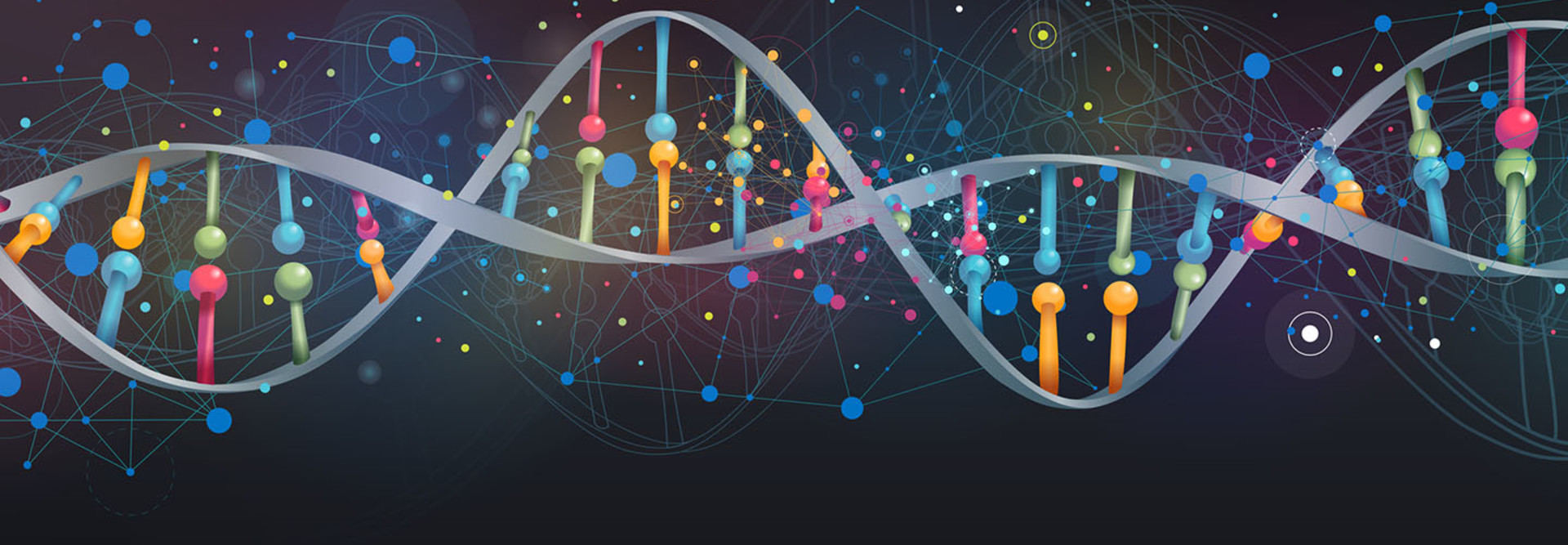Machine Learning and AI Push The Boundaries of Precision Medicine
Precision medicine initiatives are taking hold at healthcare organizations as providers begin to incorporate genetic and molecular data into treatment decisions for patients. In fact, according to “Trends in Precision Medicine Adoption” by Oracle, 62 percent of healthcare organizations surveyed “participate in research activities to drive biomarker discovery or translational research.” Another 12 percent have plans to participate in precision medicine studies in the next two years.
“Precision medicine is vital to advancing medicine, and critical to its success is the underlying technology needed to manage the large volumes of data it requires,” Andy Alasso, global vice president of Oracle Health Sciences, said in a press release.
Several organizations, such as the Mayo Clinic and the Scripps Translational Science Institute in La Jolla, Calif., have already made the infrastructure changes necessary to support more robust data storage and the interoperability necessary to facilitate precision medicine projects.
“Any solution that is going to change the practice of medicine is going to require a brand-new data infrastructure and a lot more use of clinical decision support and alerting systems,” Dr. Steven Steinhubl, STSI’s director of digital medicine tells HealthTech. “Systems of care must be built around the understanding that there will be more data that has to be explained to individuals. It is not something you can accomplish during a seven-minute visit when you are clicking away on an [electronic health record].”
As interest in precision medicine grows for healthcare organizations, so do the tools necessary to make these data-heavy projects possible.
SIGN UP: Get more news from the HealthTech newsletter in your inbox every two weeks
The Push to Speed Actionable Genomic Insights
Several new tools have emerged to simplify precision medicine. Earlier this year, Google Cloud announced a partnership with WuXi NextCODE, a standard platform for genomic data, to roll out comprehensive genomic capabilities to more healthcare organizations.
“Our collaboration aims to create a powerful interoperable suite of capabilities to derive insight from sequence data,” said Jonathan Sheffi, product manager for Genomics & Life Sciences at Google in a press release. Set to launch this spring, the collaboration aims to provide organizations of any scale with the tools necessary to make actionable use of genomic data.
Moreover, a recent collaboration between the American Heart Association’s Institute for Precision Cardiovascular Medicine and Duke Clinical Research Institute seeks to use machine learning and the cloud to tackle issues around creating actionable insights from genomic data.
The project will test new methods of analyzing data in AHA’s cloud-based precision medicine platform. The use of the cloud will allow the partners to invite researchers worldwide into the project to share data and discuss insights on the same platform.
“We’ve created a platform where the researcher goes to the data,” Jennifer Hall, chief of the AHA Institute for Precision Cardiovascular Medicine, told HealthITAnalytics. “You and I could collaborate on an analysis of a particular set of data in the cloud today together, and then we’d know where the latest version was. We could both see the analysis.”
When it comes to sequencing large genomic data sets quickly and easily, artificial intelligence and machine learning will likely play a huge role.
“There is great potential in machine learning and other artificial intelligence methods to discover new insights,” Hall told the site. “There are new findings showing that retina scans are an early predictor of heart disease, for example, and we never would have had that information before had we not been able to pool all this data together and bring artificial intelligence and machine learning to the table.”
The use of the cloud has facilitated AI and machine learning.
“Cloud computing is able to analyze data at a faster pace, and when we’re talking about the billions and billions of data points that we’re using for these types of machine learning and artificial intelligence programs, we really need that kind of power,” Hall told HealthITAnalytics.
While the cloud is powerful, collaboration and shared insights will go even further to simplify the precision medicine process and make actionable data insights easier to access.
“There is great potential in machine learning and other artificial intelligence methods to discover new insights, but we have to be sensible and think clearly about how we use it,” said Michael Pencina, the DCRI’s director of biostatistics and a professor of biostatistics and bioinformatics at the Duke School of Medicine, in a press release. “I think team science is the key that unlocks that potential.”









